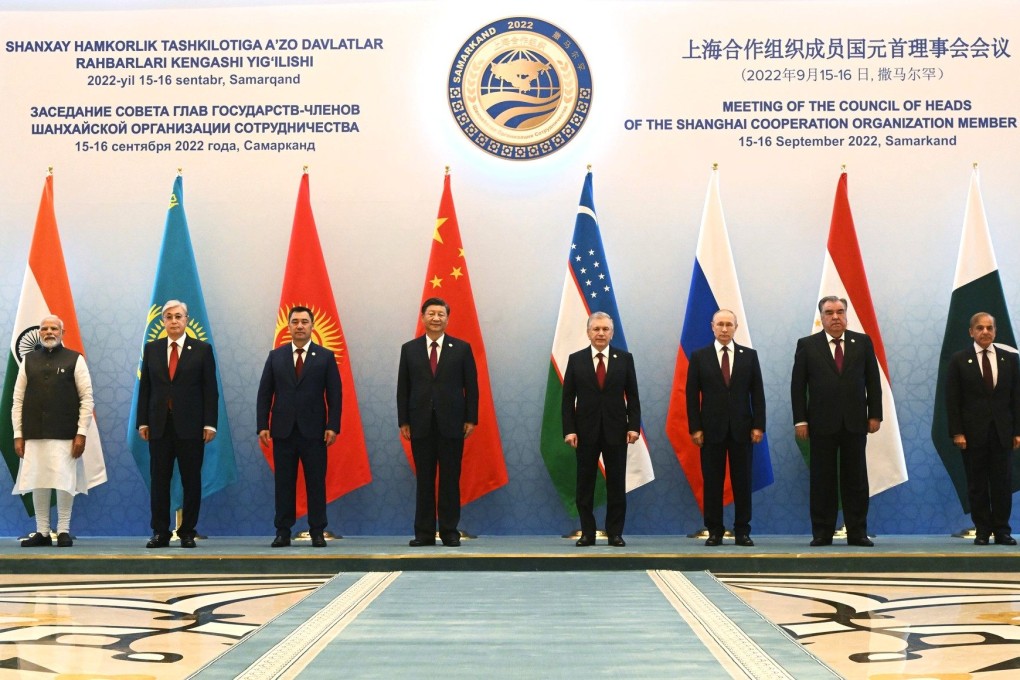Opinion | How SCO’s growing credibility reflects the emerging multipolar world order
- The SCO’s expansion and cooperation efforts are cementing its standing as a credible multilateral platform focused on maintaining security, stability and development in Eurasia
- The Samarkand summit should also be seen as a step towards a more inclusive and diverse global governance model

Recently, the eyes of the world turned to the ancient city of Samarkand, located in a large oasis in Uzbekistan’s Zerrafshan River valley. This was the venue for the first Shanghai Cooperation Organization (SCO) summit in three years to be held entirely offline, bringing together the leaders of 14 major Eurasian countries.
Established in 2001 by China, Russia, Uzbekistan, Tajikistan, Kazakhstan and Kyrgyzstan, the SCO has grown to become the world’s largest regional organisation, spanning 60 per cent of Eurasia, home to more than 3 billion people and accounting for a quarter of the global economy – with realistic potential to reach 35 per cent or more, given the interest it is attracting.
On top of that, Saudi Arabia, Qatar and Egypt have been granted SCO dialogue partner status, and the procedure has been launched for the United Arab Emirates, Bahrain, Kuwait, the Maldives and Myanmar to become dialogue partners. The SCO also signed memorandums of understanding with Unesco, the Economic and Social Commission for Asia and the Pacific, and the League of Arab States.
The SCO’s expansion and its attempts to seek cooperation with other international bodies are strengthening its potential. It is also cementing its standing as a credible multilateral platform focused on maintaining security, stability and development in Eurasia, as well as contributing to the development of a global governance model that is more inclusive and diverse.
